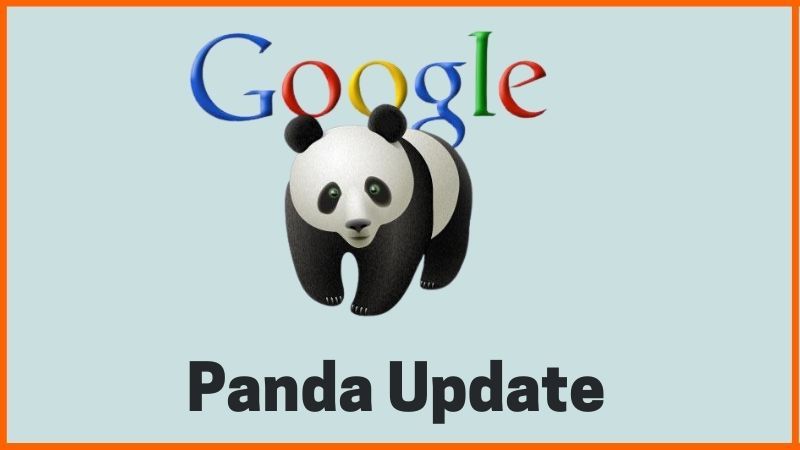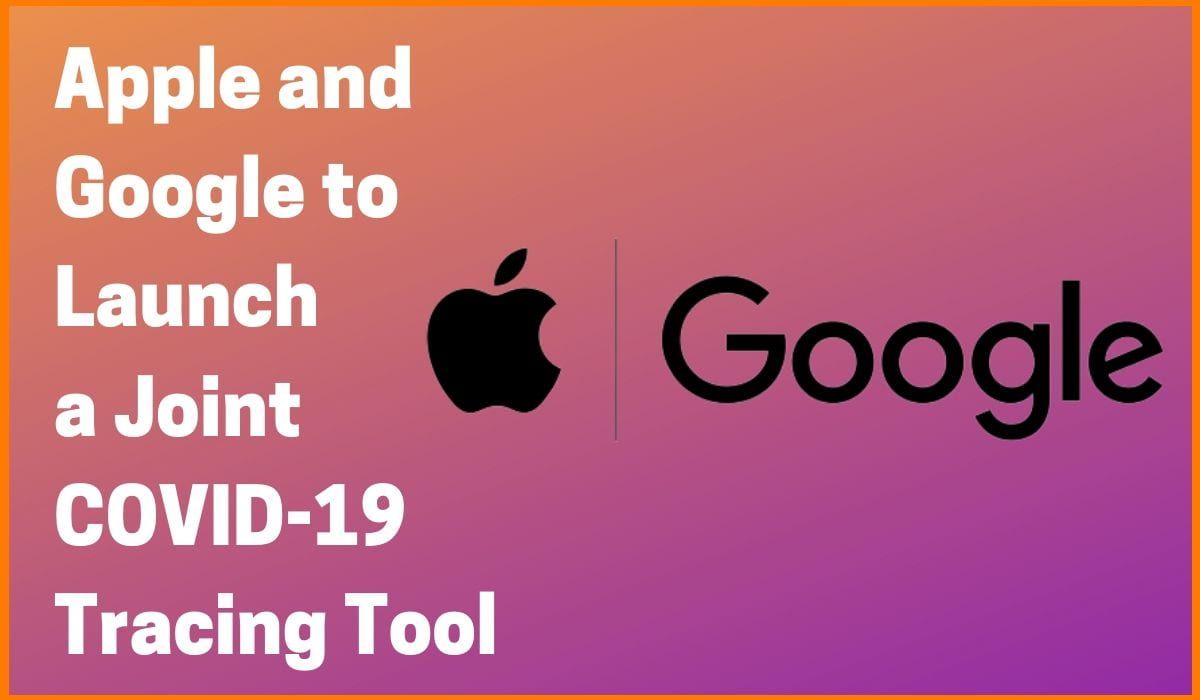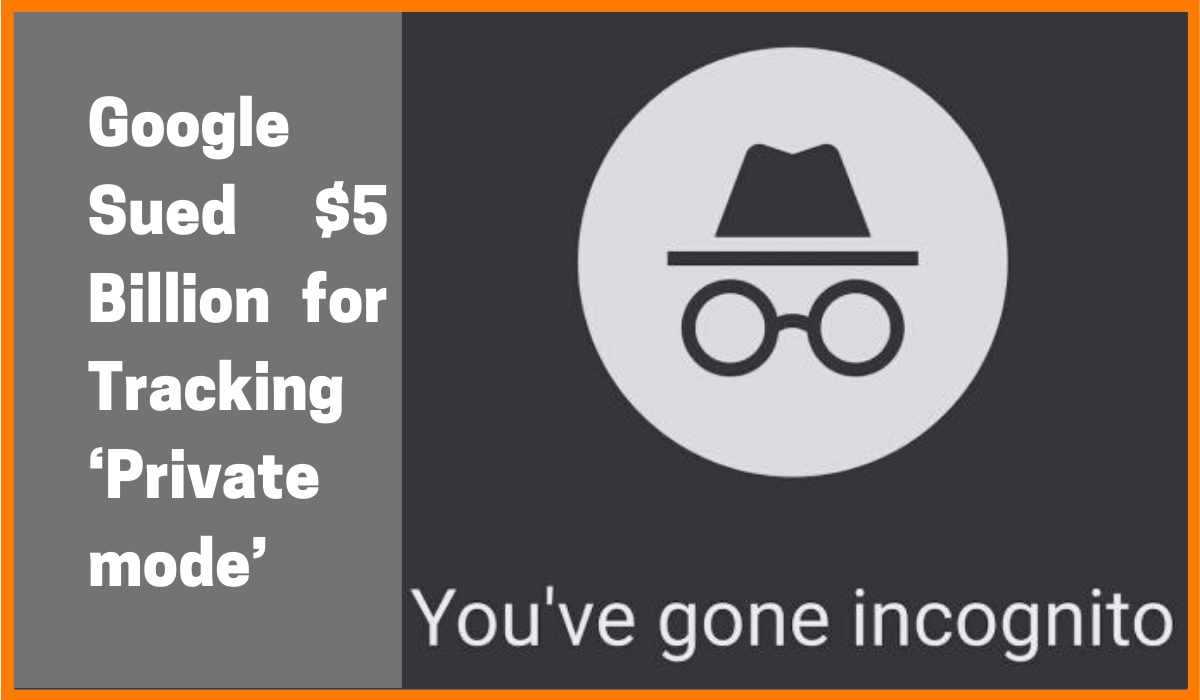
Nearly every day, Google proposes changes to the ranking algorithm.
Almost every day, Google changes its ranking algorithm. Some of them leave fewer impacts and others shake up the SERPs. This article will help you in knowing the important algorithm changes. And penalties that are rolled out in recent years with the brief.
But before starting anything, let’s see something. What if you could know which update impacted your organic traffic and how? You can now use a rank tracker. All you need to launch a rank tracker and create a project for your site.
Table of Contents
1. Panda
Google’s Panda update is a search filter launched on 23 February 2011. This was to stop sites with bad quality content from working into its top search results. Panda gets updated from time to time. After this, sites that are previously hit may escape, if you made the right changes.

Panda can also catch the sites that were escaped. A refresh means false positives can be released. The purpose was to reward good quality websites. This was also initially named as a farmer.
Triggers for panda
- Thin content
- Duplicate content
- Low-quality content
- Lack of authority and trustworthiness
- Content farming
- Low-quality user-generated content (UGC)
- A high ad to content ratio
- Low-quality content surrounding affiliate links
- Website blocked by users
- Content mismatching search query
How can you know that you’ve been hit by Panda?
One of the signs of Panda penalization is a sudden drop in website traffic or search engine rankings. However, this is also important to keep in mind that other things can also result in losing rankings and traffic. That can be the rise of your competitor in the market, manual penalties. Or can be a different google update other than this.
When a known name update occurs. This is important to study the industry documentation involved in the update. If the loss of rankings or traffic corresponds to a known date. Please go through the industry lists of bad practices. After that, you believe you got the relation between bad practices and updates. Try to solve the situation.

How can you recover from Panda?
Panda has frequently been marked as an update difficult to be recovered. However, Panda updates are mostly on website quality. Steps for recovering generally leads to improving that quality. Some of the actions include:
- Abandoning content farming practices.
- A website is full of quality content, usefulness, relevance, trustworthiness, and authority.
- Revising the ad or content ratio. So that pages don’t get dominated by ads or links.
- Ensure the content of the given page is relevant to match the user’s query.
- Remove duplicate content.
- Careful editing of content. Ensure it is unique, error-free, and useful to readers.
- Use the robots no-index, no-follow command to block indexing of duplicate or other elements.
2. Penguin
Google has introduced a penguin update on 24 April 2012. This was to catch sites considered to be spamming the search results. Those who buy links or obtain them through link networks by the purpose of boosting Google rankings.

Whenever a new penguin update is introduced. The sites taken into action remove bad links. New sites that are not previously caught possibly get trapped by Penguin. Sites that were caught by mistake, may be released.
Consequences of this algorithm
Websites that don’t stick to the webmaster guidelines of Google. They get affected by the penguin update. In the earlier versions of penguin decreased the entire domain value. If the webspam gets identified, the site penalty leads to exclusion from the index.
Today the penguin filter works on a URL basis. If the filter comes beyond webspam. Then it can lead to the ranking loss. There are further attempts are being made to use high-quality content. This increases voluntary linking to their website. Also, some channels such as social media are used to increase the range of websites. Also to receive backlinks and traffic.

What to do after being affected by Penguin?
Those who got to know that their website is affected by penguin. You should start analyzing the link structure. Links from link farms as bad neighborhoods can lead you to underestimation.
An important indicator is that the penguin filter is activated warning of unnatural links. Google sends this through google search console to webmasters. In this case, you should study and analyze the previous link building efforts. So that the consequences get minimized.
After this, Google has introduced an alternative i.e disavow tool. Using these backlinks can be announced as invalid.
3. HummingBird
Hummingbird was introduced very quietly on 22 august 2013. Various site owners didn’t get to know the difference. This tool helps google to get a better understanding of search queries. And produce results that match searcher intent.

While the keywords remain essential. Hummingbird helps a page to rank for a query even. If it hasn’t exact words the searcher entered. This can be achieved using natural language processing. That relies on semantic indexing, co-occurring terms, and synonyms.
What hummingbird is all about?
This was the new algorithm, which was formed by more than 200 factors. These factors can affect ranking and search. The biggest changes are made with a sharp eye on mobile. There’s nothing to surprise about the explosion of the mobile market in recent years.
This produced the addition of a conversational search to the hummingbird algorithm. This was designed to focus on the meaning of expression rather than one keyword.
This was because many people use voice while searching on mobile. So instead of looking for individual words. It looks for the entire phrase to explain that meaning.
How can you adjust?
Try to expand your keyword research and focus more on concepts. Research carefully relevant searches, synonyms, and co-occurring terms. You can find great ideas about google related searches into the rank tracker research module.

4. Pigeon
Google pigeon tries to recognize. And degrade the rank of sites having unnatural links. These are considered to be spamming the search results. Since 24 July 2014 pigeon has been a part of google’s ranking algorithm. The penalties are applied faster now and recovery in less time.

Pigeon affects searches where a person’s location plays an important role. This update created ties between the local and core algorithm.
Consequences of this algorithm for local businesses?
- You may notice a change in website referrals, leads, and business.
- You might see a change in your rankings. Whether that can be positive or negative. While some of you benefit with increased importance on local search. Others might be driven out of heavy traffic searches due to prioritizing directories.
- Large directories will benefit more compared to small locations.
What should you do now?
- Make sure your business appears in the industry directories and review sites. You should register your business with directories and try to gain positive reviews.
- Keep checking on local search terms related to your business that they haven’t changed. If the update is according to your strategy.
- If your company’s keywords are appearing in local search results. You need to get optimized for local search.
- In the case of rank dropping as a result of the update. Then try to focus more on on-page SEO optimization along with local optimization.
- Check broken links, contact numbers, and spelling in Google’s local listing.

5. Pirate
This update was introduced on 10 august 2012 for copyright violations. Privacy is a huge deal today. It has been since the appearance of the internet. Google makes sure that sites having stolen content don’t get the benefit.

Using the pirate update, sites are down-ranked and removed from the search results. Some of the sites are still not caught. And Google is still working for the right owners don’t suffer.
How does it work?
Google can’t check every page on the internet to ensure no pirated material is left out. Pirate targets the sites that violate the copyright guidelines set. Google never removes any page unless a valid copyright removal notice gets filed by the owner of the rights.
If someone enters a query searching for a specific movie, google avoids piracy sites of top slots in SERPs. However, you can still find these pirated sites, if you’ll search them directly. But they won’t show up in organic search results for a generic query.
How can you fix your website if it is affected by Pirate?
If you got notice abrupt drop in your rankings and page visit. Firstly ask yourself if you have any illegal content on your site. If you’re looking to recover from a hit by Pirate. Things you can do:
- Remove Content That Violates DMCA
If you have media that is pirated then remove it. Remove illegal content. The pirate update will get no reason to target your site.
- Try to keep your main domain separate
Many sites offer users to add content to pages. If this is in your case, keep your domain separate from the user’s content. You can’t keep control over what people publish. So this will keep you safe instead of their mistakes.

6. Fred
The Fred update was an improvement for Google’s search ranking algorithm. This was introduced on 7 March 2017. However, the important factor behind Fred was quality.

That is how aggressive monetization tactics used by some of the sites. Also google’s view, negatively impacting the experience of users.
Which sites get hit hardest by Fred?
However, Google has yet to confirm any thoughts regarding its latest algorithm change. There is some compelling evidence to support the theory. That Fred was designed to punish sites that are prioritizing monetization over user experience.
How should you react to Fred And Future Google Updates?
Whether as the result of poor quality links, excessive ad placement, or thin content. Fred hugely disrupted too many websites. This thing could be good for users which is a good business for Google.
Living in never-ending fear of Google impulse has long been the norm for SEOs. There are several steps to minimize the risk that your site can be hit in the future by algorithmic changes. If you are also worried about the impact of Google’s updates.

7. RankBrain
RankBrain was introduced on 26 October 2015 and part of the Hummingbird algorithm. RankBrain update is reviewed as the third most important signal for a search query. An update that provides the best matching result due to the searcher’s intent.

This is an AI system that helps Google understand the meaning behind queries. RankBrain identifies the applicable query-specific ranking factors for web pages.
How can overcome RankBrain Update?
You need to upload Proper competitor analysis content. This could be penetrated to users of any age. RankBrain connects long and original doubt to the shorter one. Hence it lets provide Google answer all types of searches.
How RankBrain Update Impacts Search Results?
Today we can see how RankBrain will help in the long tail doubts for voice search. The benefits of this algorithm are that it uses stop words which are earlier completely neglected by Google search. This also tries to prepare for one search ahead as per the user.
All the learnings are done using RankBrain offline. It checks the searches and predicts them. If the required prediction is good then the latest version goes online. And the prediction goes offline.

8. Mobile-Friendly
Google’s mobile-friendly update was introduced on 21 April 2015. This update was made to ensure that pages that are optimized for mobile get to rank at the top. All the desktop searches were not affected by the update.

Mobile-friendliness means one page of your site can get considered mobile-friendly. And get ranked up while the rest fail the test.
How does it work?
Google’s mobile update helps that mobile-friendly pages rank at the top. While pages that are not optimized for mobile gets filtered out or ranked down.
How can you be safe from it?
- You should take the mobile-friendly test. You must pass its mobile-friendliness criteria to get high rankings on mobile.
- Go to mobile and focus on speed and usability. It will help you see which of the aspects of the pages the mobile version needs to improve.

Conclusion
I hope this article would help you understand the major Google updates. These changes in the algorithm have revolutionized SEO. From Panda to Fred and beyond, everything works to help searchers while battling for low-quality content.
So let’s see key takeaway from this. You must have tired of the need to produce high-quality content. When you will stay in Google’s good terms. Then you don’t have to worry about it. All you need to build links organically. Focus more on providing the best quality content. This will help you to grow your blog’s traffic.
Have you noticed any of the effects mentioned above?
Author: Sweta
Source : https://startuptalky.com/google-algorithm-updates/
Date : 2020-08-30T11:13:00.000Z

